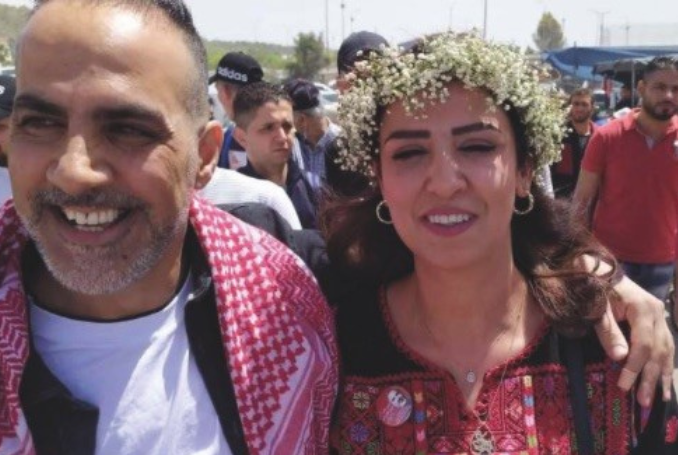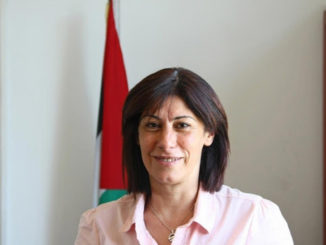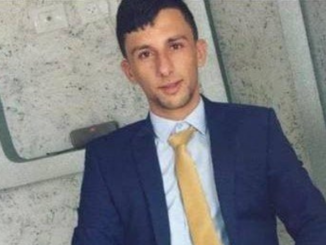
At the time of writing, 30 Palestinian political prisoners have entered the second week of a mass hunger strike against their imprisonment without charge or trial. The urgency of the struggle against ‘administrative detention’ – a leftover of British Mandate era internment, which it later rolled out in occupied Ireland – is highlighted by the struggle of Asim al-Ka’abi.
One of the hunger strikers, Asim, was released from a tortuous 18-year imprisonment under the Zionist regime in April 2021. Barely 16 months later, the house of he and his wife was stormed by occupation forces and Asim again thrown into prison.
The collective nature of prison life and protest on the inside was highlighted by Asim during interviews during his brief period of freedom. Joining Palestinian-French lawyer Salah Hammouri and many more comrades on hunger strike hits back at the vindictiveness of the Zionist prison regime. It also reflects the combined belief of the political prisoners that the path of struggle will lead to a significant victory.
Pledging our own solidarity, we present the following statement of Sumoud Sa’adat, an activist and family member involved in campaigning for the freedom of political prisoners.
Long live the free Arab nation!
I have come to know myself as Sumoud, daughter of the political prisoner Ahmad Sa’adat, imprisoned in the occupation prisons for 16 years. And more recently as Sumoud, wife of the political prisoner Asim al-Ka’abi, who was arrested on August 24, 2022, after the invasion of our house by the Israeli occupation forces in the middle of the night. They have taken Asim once again to the prison and imposed a sentence of administrative detention for six months, with the threat of extension.
My husband Asim tasted freedom for barely a year and four months. He had been imprisoned for 18 years continuously. We became engaged during his first period of imprisonment and I waited for three and a half years until he was freed in April 2021. We were married the same year and began to build the family that had been our dream and the subject of our conversations during his first imprisonment. I am now in the seventh month of pregnancy as we await the birth of our first child, Nader al-Arabi, in two months.
However, for those who live in Palestine under the occupation, dreams remain incomplete. Asim was able to taste the flavor of freedom for only a year and four months, only to return to prison with no sentence, subject to a secret administrative detention case file, prohibiting him from being with his wife and first child during this intimate family moment.
Today Asim lives alongside nearly 780 other prisoners under the oppression of administrate detention. He has lived many years of his life in prison and now remains inside with no charge or specified sentence period, barred from living a life with his family, with all its occasions and celebrations. The form of imprisonment that the occupation uses to punish the largest number of administrative detainees – whether against activists and supporters of human rights, university students, or against former political prisoners who had been imprisoned for many years – represents a policy of collective punishment wielded by the occupation.
In this situation our families have no option but to raise our voices for our loved ones under imprisonment, to bring their voices of freedom to all of those in the world who will listen, stand with us and stop the oppression of the Palestinian people, against unjust and repressive imprisonment. Let us raise our voices and expose this occupation, which is committing the most grotesque crimes against an entire people.
(Translated by: Louis Brehony)







